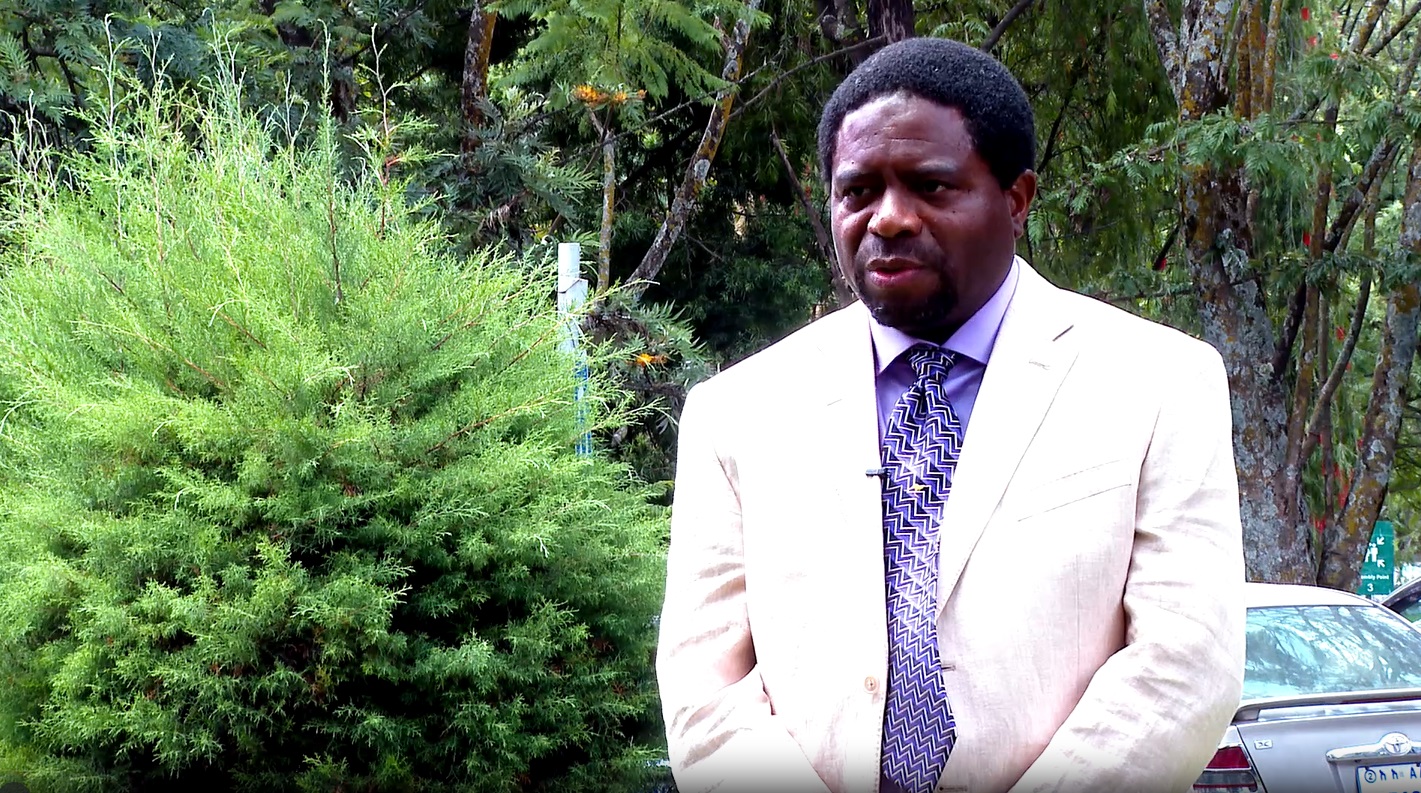ILRI Partners With Ethiopia to Help Country's Effort to Boost Livestock Productivity - ENA English
ILRI Partners With Ethiopia to Help Country's Effort to Boost Livestock Productivity

Addis Ababa, June 6/2024(ENA) The International Livestock Research Institute (ILRI) said that it is working with a number of institutions in Ethiopia to help the country's efforts adequately tap its livestock potential.
Ethiopia has the largest livestock population in Africa, with 65 million cattle, 40 million sheep, 51 million goats, 8 million camels and 49 million chickens, according to the 2020 central statistics agency data.
There are efforts by the government to adequately tap this potential for the national economy considering the fact that livestock sector contribution is vital for the success of the country’s 10 years development plan. Dairy development, poultry, and red meat and also the feed development have been given special attention.
The national program ‘YeLemat Tirufat’, which focuses on nutritional opulence, also paid special attention for certain livestock commodities like milk, honey, poultry, and fish.
In this regard, ILRI is working with the government of Ethiopia to improve food and nutritional security through research for efficient, safe and sustainable use of livestock.
In an exclusive interview with ENA, Director General of ILRI, Professor Appolinaire Djikeng said that the livestock sector represents a longstanding intervention through which we can establish a resilient and sustainable livestock system in Ethiopia.
We take pride in our membership in the food transformation initiative alongside with various institutions, collectively working to develop and implement the program.
ILRI has also been identifying ways to integrate livestock into food transformation systems in an effort for improved nutrition for the people in Ethiopia, the Director General stated.
“We have used health improvement, nutrition and forage for increasing productivity. We have most recently managed to do what was earlier not possible to do genetic improvement. We have done that for poultry and dairy cattle in Ethiopia. We are then able to push productivity much higher than what it has been," he said.
Commenting on wheat production in Ethiopia, he said Ethiopia is making significant advancements in improving wheat productivity.
“I think we are in a situation where we can celebrate the great progress that has taken place in Ethiopia, Ethiopia as country has demonstrated that you can push productivity and wheat is an example for instance" he said.
The Professor added, CIMMYT is one of the sister organization really working very strongly to ensure that wheat production is achieved but it's also sustained in the long term, he said.
He stressed the need to utilizing waste from wheat production and similar sources as animal feed, highlighting the potential for a circular economy approach in the country.
ILRI Forage Gene Bank Interim Manager Dr. Alemayehu Teressa said on his part that ILRI's forage genebank holds vital genetic resources to improve animal nutrition by conserving, characterizing and maximizing the use of forage diversity.
Over the past 40 years, it has distributed thousands of forage samples in Ethiopia as well as in other countries, out of which the largest proportion of gene bank materials goes to Ethiopia.
The researchers from the national research system has evaluated a large number of materials and able to release over 20 varieties for different agro-ecologies.
Through that channel of work, we have been working with the national system in order to promote these materials for the better production of livestock system and livelihood.
“There are three things to improve the livestock productivity. One is the breed itself, the best breed with the best potential, the other thing is the health aspect, and we need to improve also the health aspect of vaccine or whatever we are doing to control the diseases. Equally important we have to also work on the feed aspect of livestock production, even if we have the best bread and vaccine, if you don't have feed to feed your animal the productivity will be very poor and low.”
As one of the international research center, ILRI has been conserving distributing and also doing research on forages especially using modern technologies.
This approach helps address the scarcity of forage resources in the country and supports production systems at the farmer level, potentially transforming the scenario.